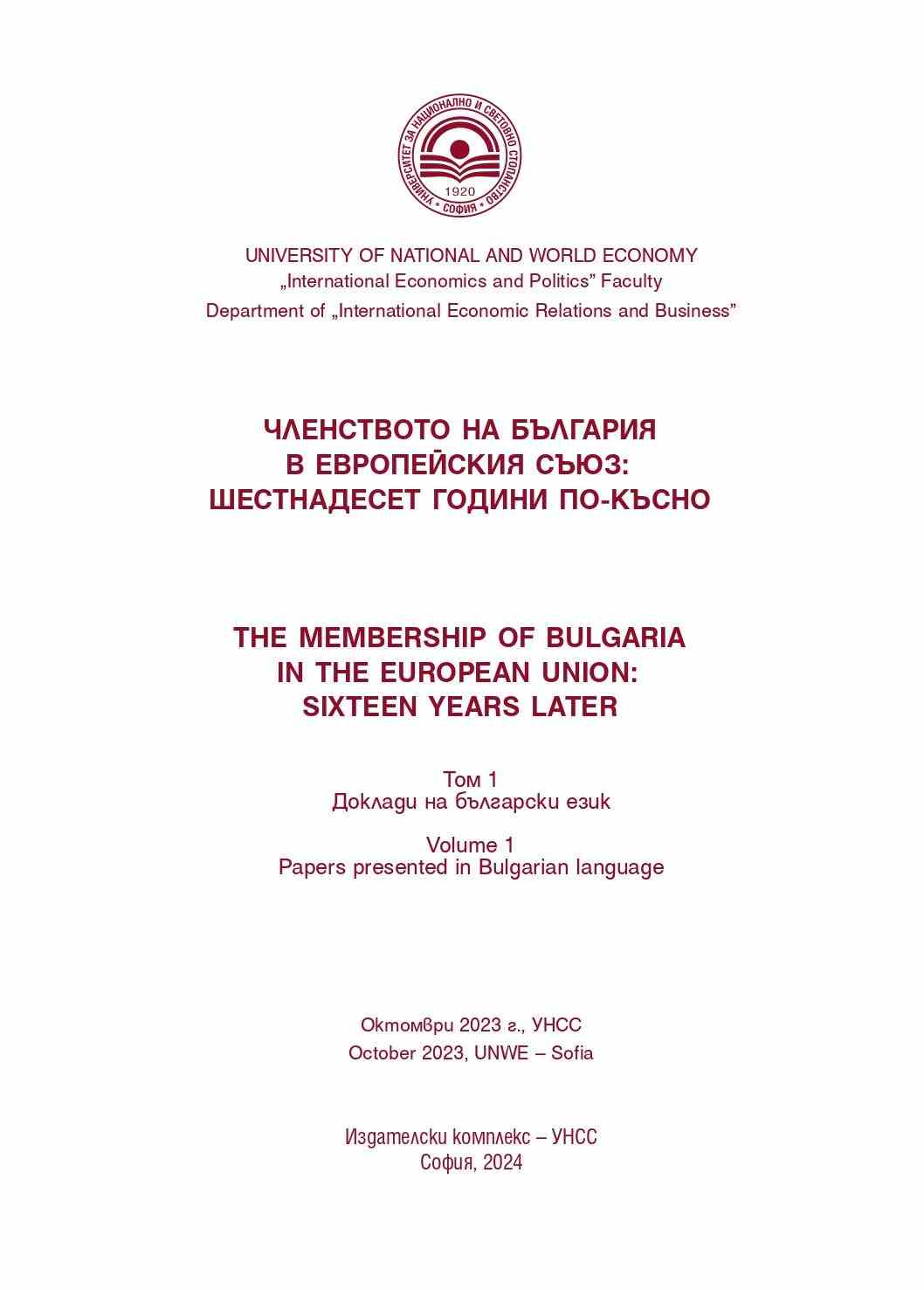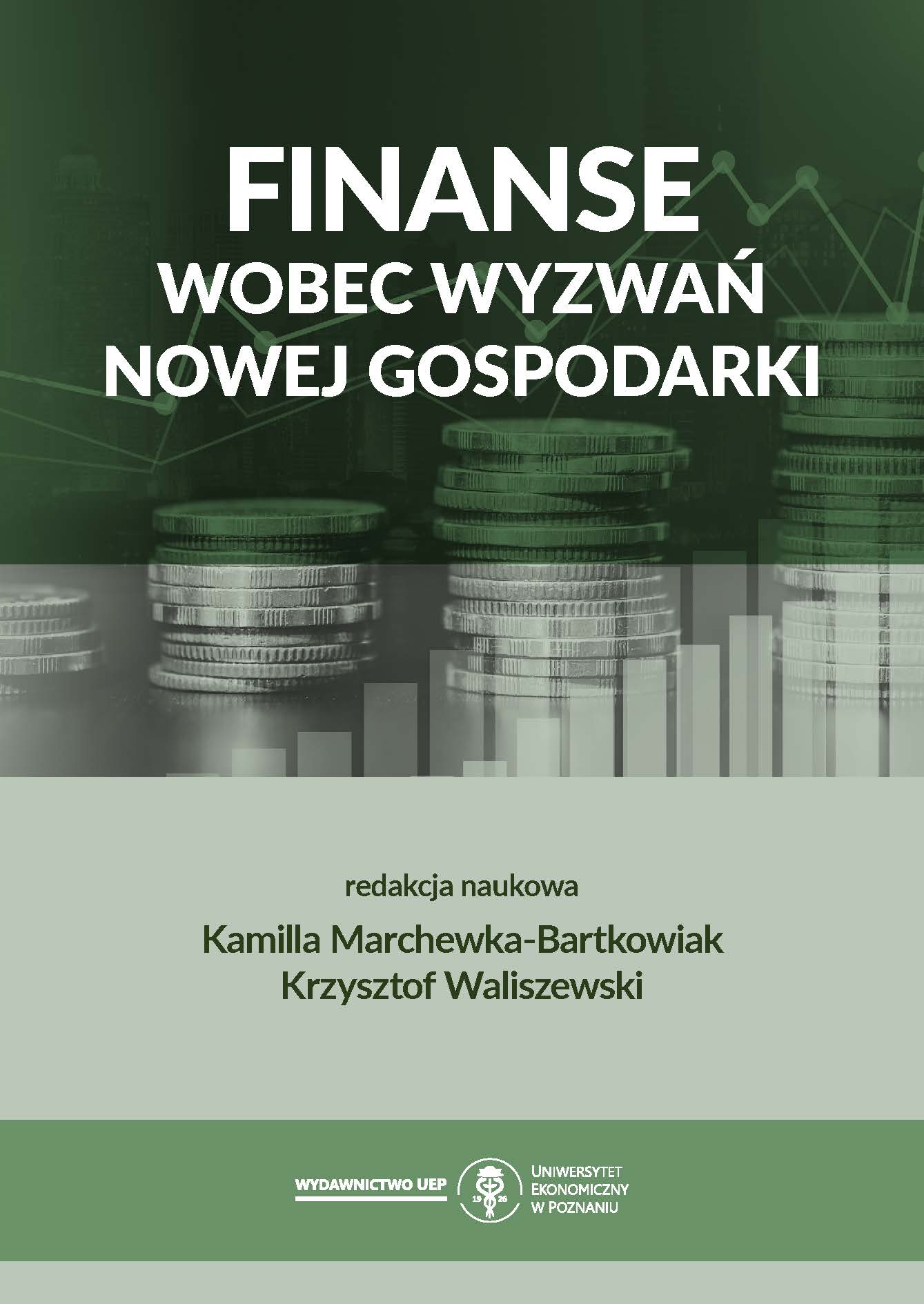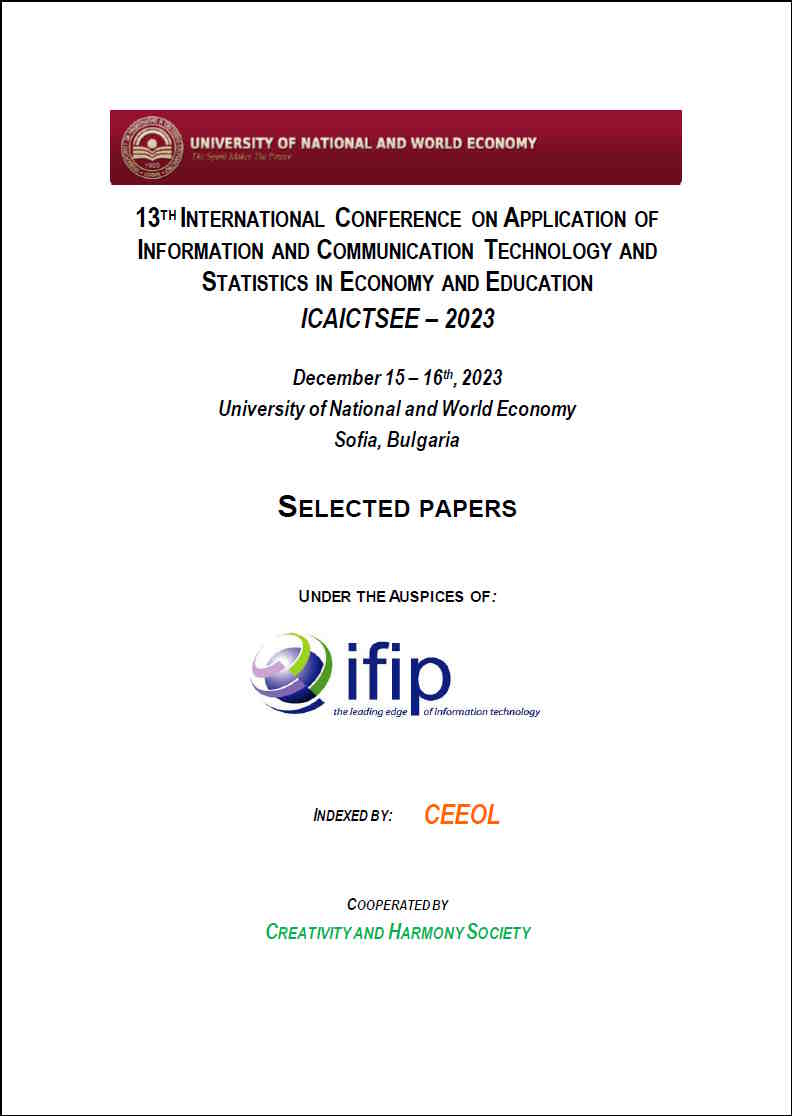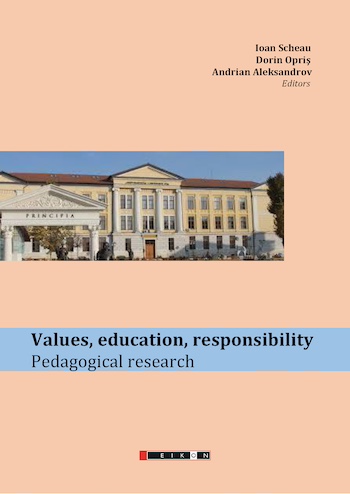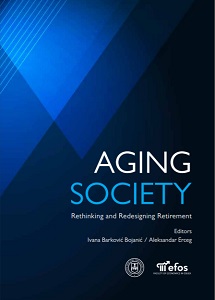
IMPLICATIONS OF A NEW ERA OF MEDIA ON THIRD AGED PERSONS IN THE CONTEXT OF MEDIA LITERACY
Media literacy has been recognized in European Union documents related to audiovisual and media policy as an essential factor in the modern information society, with commitment to education on this issue at all levels. However, most education programs are focused on preschool and school-age, while at the same time, some recent research shows that people over 65 are the ones who, for various reasons (primarily, ignorance), spread most misinformation or fake news via social networks. This research seeks to gain insight into the extent to which third-person consumers are media consumers, what the forms of media are they are most in touch with, and to what extent they can distinguish informative media content from covert marketing advertising. It also seeks to gain insight into the aftermath of a generation of passive media consumers with modern media technology that offers a proactive approach to participation and information formation for the masses and to answer the question as to how much they create and shape information through social networks and communication platforms. The research is conducted on a representative sample of third-age media content consumers through questionnaires and in-depth interviews, and the analysis of the results obtained aims at determining their media knowledge, experiences, habits, and insights.
More...

